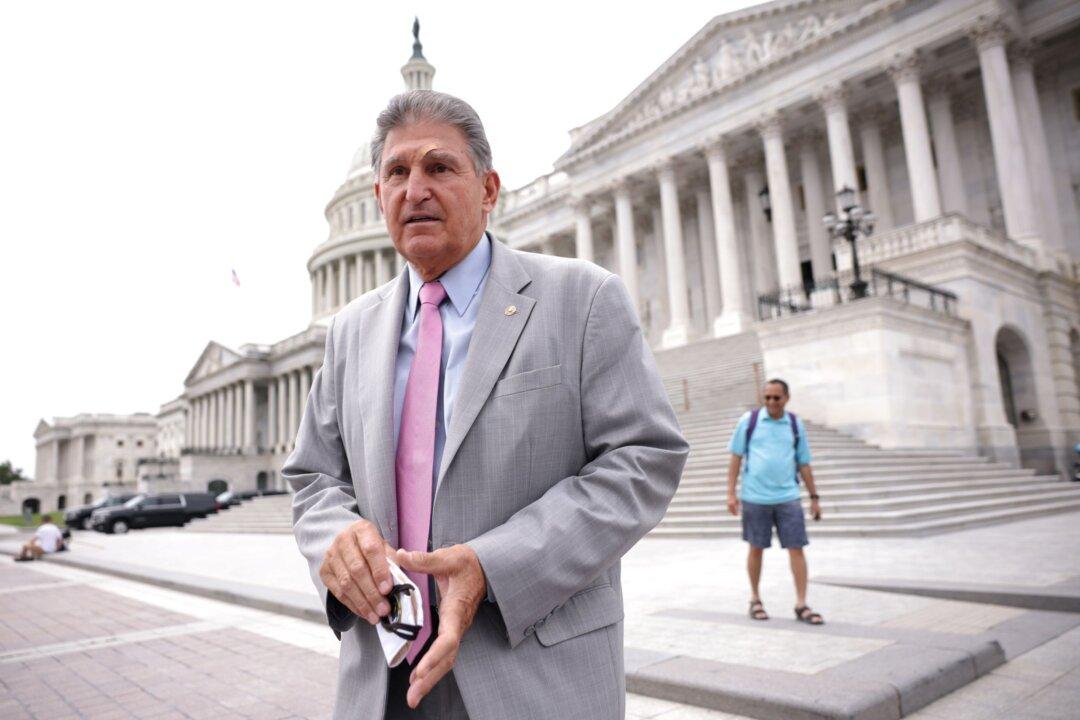In a notable break with progressives, Sen. Joe Manchin (D-W.Va.) said in an interview that the coal industry “will be saved, has to be saved, because the country can’t survive without it.”
Others in the Democratic Party have asserted that the coal industry contributes to global warming and that it should be replaced with other sources of “clean” energy like wind turbines, solar panels, and alternative, low-to-zero emission fuels. Sen. Bernie Sanders’s (I-Vt.) budget resolution includes provisions to encourage green energy sources and to discourage traditional energy sources. In 2016, then-presidential candidate Hillary Clinton threatened to put the coal industry “out of business.”





